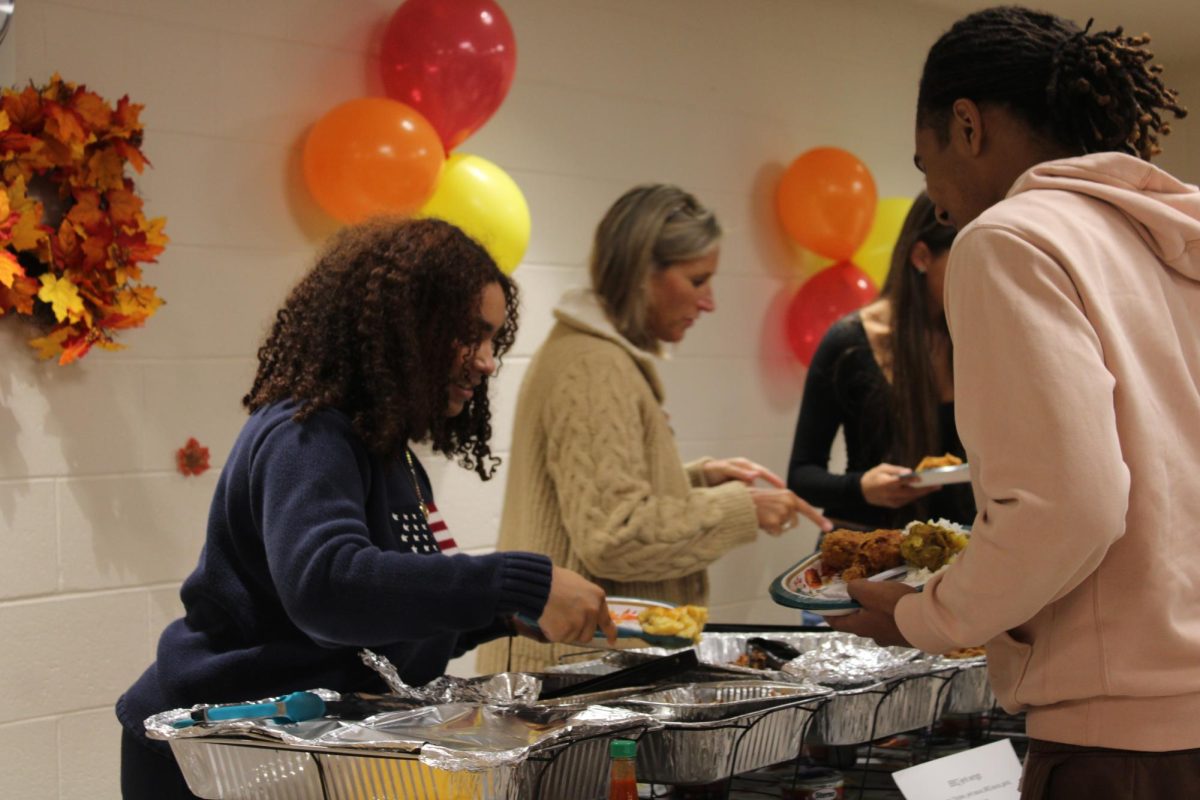By Juliana Yao, Co-Opinion Editor
“Ewww!” was the first reaction my younger self had when I heard of pineapple on pizza. In my mind, the two foods obviously had nothing to do with each other and would surely clash when paired.
Around 54% of Americans shared my sentiment, according to a 2017 survey of more than 10,000 people by the pizza delivery app Slice. In the same year, Michelin Star chef Gordon Ramsay famously expressed his disgust of the combination on “The Nightly Show,” using profanity to insist that the fruit had no place on pizza. But to my surprise, after trying Hawaiian pizza just last month, the fine culinary experience dispelled all my premature judgments.
The sweet and slightly tangy flavor of pineapple complements savory tomato sauce, cheese and ham perfectly, without being as overpowering or watery as I had previously believed. And it seems like my experience isn’t unique. In 2019, Washington Post writer Tim Carman gathered a group of self-proclaimed Hawaiian pizza lovers and haters together over some Hawaiian pizza to see if their labels held up. Many of theirs didn’t — the so-called “haters” expressed that the pizza was much better than they expected.
Some of Carman’s colleagues at the gathering theorized that a portion of the hate for the food pairing stems from an unpleasant first experience of a badly executed Hawaiian pizza. But for me and many others, it originated from believing the combination was simply too weird, causing the hesitancy to even give it a try.
This phenomenon is not limited to pineapple or pizza. On an individual level, we tend to create negative preconceptions of things that we think are strange or that make us uncomfortable. Food, yes, but also music, and television, and ideas, and people. It holds us back from challenging our standards and beliefs, from finding something novel that we may actually enjoy.
Of course, some people dislike new concepts like pineapple on pizza even after trying them, and to each their own. We can’t control our personal preferences. We can, however, moderate unjustified beliefs of objects, people and ideas before we experience them. There is merit in giving things a second chance instead of letting one incident determine our entire mindset on a topic.
Now that Hawaiian pizza is one of my culinary favorites, I try to strive for open-mindedness. When we take the first step to leave our comfort zones, sometimes the things we believe to be the strangest end up being the most fulfilling.
Juliana Yao can be reached at [email protected].






















































































